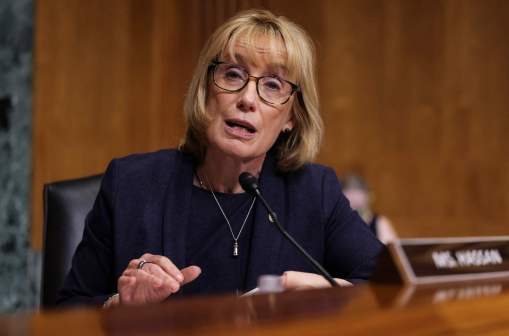New Pilots Funding Opportunity: Trusted Online Credentials for Accessing State Government Services
New Pilots Funding Opportunity: Trusted Online Credentials for Accessing State Government Services
Pilot programs have been an essential part of plans to implement the National Strategy for Trusted Identities in Cyberspace (NSTIC), with the President calling on the government to “initiate and support pilots that address the needs of individuals, the private sector, and of all levels of government” when he signed the Strategy in 2011.
Last September, the National Institute of Standards and Technology (NIST) awarded five NSTIC pilots and earlier this month, we received nearly 70 new NSTIC pilot proposals, submitted in response to a Federal Funding Opportunity (FFO) posted in January 2013.
We’re pleased to announce that NIST will soon release a second NSTIC pilot opportunity for 2013, distinctly separate from the initial FFO that just closed. Whereas the first FFO focused on a broad call for pilots from all sorts of private sector stakeholders, this new opportunity is targeted specifically at state governments.
Why the state government focus? States play a vital role in the Identity Ecosystem – both as potential credential providers, and also as relying parties. With the myriad services that state governments offer – and the number of state services that are not yet offered online, in large part because cost and risk issues involving identity make them challenging to implement – states are ideal partners for NSTIC pilots.
Moreover, the source of funding for these pilots is another federal program set up specifically to help states test improvements in the delivery of Federal assistance programs administered in cooperation with states, or where Federal-state cooperation could otherwise be beneficial. The Partnership Fund for Program Integrity Innovation was established by Congress in 2010 with the express purpose of helping Federal agencies and state governments work together to find smarter ways to meet the demands of citizens and act as responsible stewards of taxpayer resources. Administered by the Office of Management and Budget (OMB) in consultation with the Collaborative Forum of states and other stakeholders, the Partnership Fund enables Federal, state, local, and tribal agencies to pilot innovative ideas for improving assistance programs in a controlled environment.
Identity and authentication issues are at the forefront of many state government challenges. As state and local governments increasingly shift eligibility and enrollment processes for state services to a virtual environment, they are challenged to develop effective and secure identity verification solutions to support convenient customer access and program integrity across different services and agencies.
While identity issues present major challenges to public benefits programs, many past efforts to address these challenges have failed to gain significant traction due to a number of barriers, including:
1. Concerns about applicant and beneficiary privacy, such as concerns that identity proofing techniques may be too intrusive, as well as concerns that data collected will be inappropriately shared with other programs or parties;
2. Difficulties conducting identity proofing and ensuring that commonly-used identity proofing approaches can adequately cover the beneficiary population;
3. High per-user costs of many identity solutions, some of which even exceed the budgets of agencies, particularly when the solution would only be used in a single service, as well as challenges demonstrating the ability to show how costs could be recovered; and
4. Security challenges faced by some states in demonstrating an ability to securely store sensitive information.
As a step toward addressing these issues, the Partnership Fund is working with the NSTIC National Program Office (NPO) to fund pilots with state agencies or non-profits to enable multiple human services programs to use trusted online credentials that meet NSTIC’s four Guiding Principles – that identity solutions be 1) privacy-enhancing and voluntary; 2) secure and resilient; 3) interoperable, and; 4) cost-effective and easy to use. Additional details on this Trusted Online Credentials for State Agencies pilot program are posted online at the Collaborative Forum.
The NSTIC NPO intends to release a solicitation in the next 45 days seeking proposals for these pilots. Priority will be given to projects which demonstrate the potential for interoperability of identity credentials issued in partnership with a private provider with both state and Federal programs. The goal is to encourage partnerships between private sector providers and governments at all levels. For this upcoming round of pilots, NIST anticipates awarding up to two pilots.
We advise all interested stakeholders to keep an eye out for the upcoming FFO, which will be posted at both nstic.gov and grants.gov. You can get updates on the FFO and other NSTIC items by following us on Twitter @NSTICNPO.




